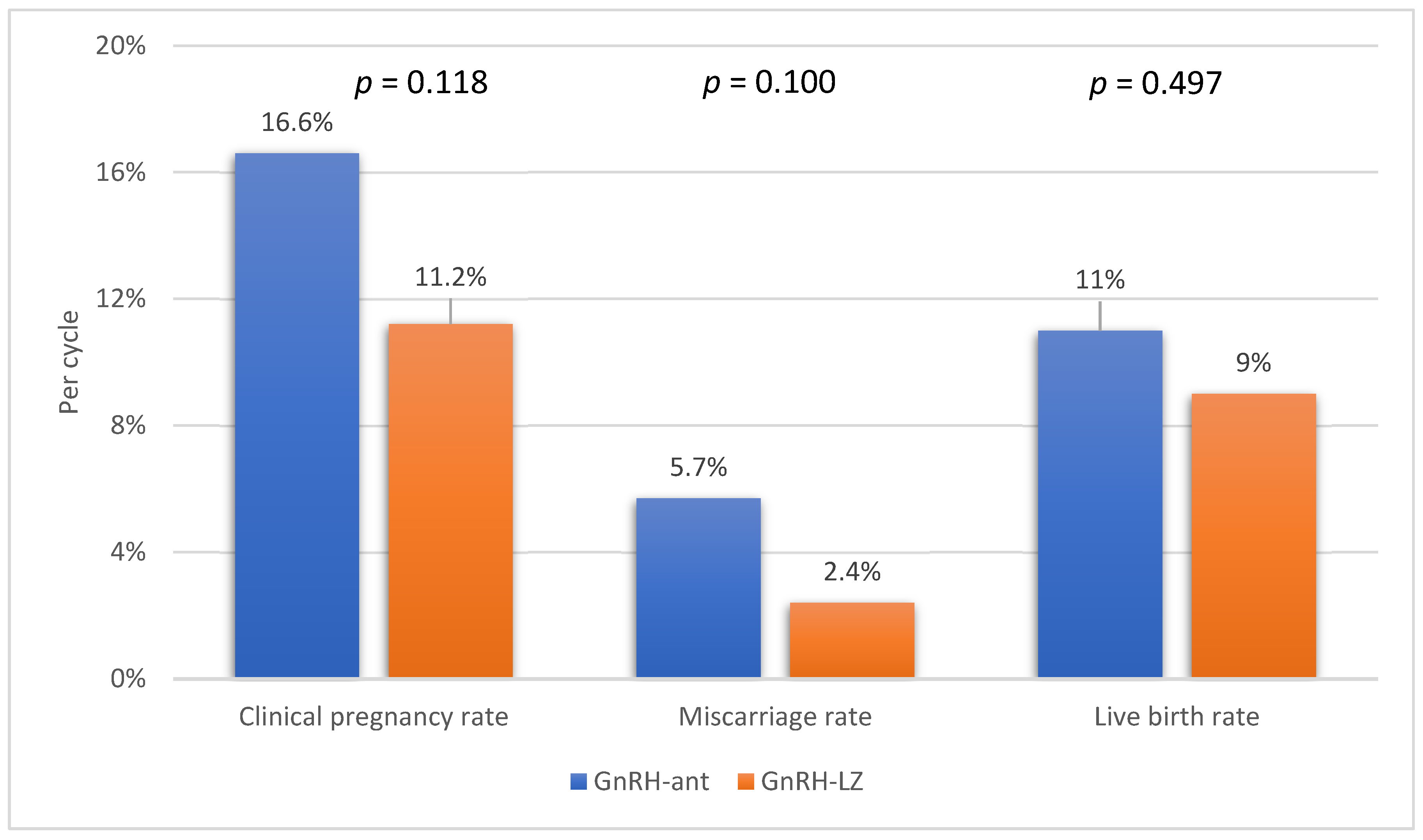
Recent Advances in Letrozole Research: What Patients Should Know
Letrozole is a medication primarily used to treat hormone receptor-positive breast cancer in postmenopausal women. It belongs to a class of drugs known as aromatase inhibitors, which function by reducing the amount of estrogen produced in the body. Estrogen can promote the growth of some breast cancer cells; hence, lowering estrogen levels is a critical component of preventing cancer proliferation.
Letrozole’s efficacy extends beyond its primary use in treating breast cancer. It’s increasingly being used off-label as a fertility treatment. In women with polycystic ovary syndrome (PCOS) or other ovulatory disorders, letrozole can stimulate ovulation. This occurs because the decrease in estrogen leads to an increase in follicle-stimulating hormone (FSH), a crucial hormone for ovulation. As a result, it offers an alternative for women who might not respond well to the more traditional clomiphene citrate.
The standard dosage of letrozole for cancer treatment is usually 2.5 mg once a day, but for fertility purposes, the dosages vary based on individual needs and medical advice. It’s essential for patients to follow their healthcare provider’s instructions closely to mitigate potential side effects.
Despite its benefits, letrozole is associated with some side effects, which can include hot flashes, joint pain, fatigue, and dizziness. More serious risks, though rare, can include cardiovascular events due to changes in lipid metabolism. Patients considering letrozole for any condition should be fully informed about these potential risks and discuss any pre-existing health concerns with their doctor.
Ongoing studies continue to explore letrozole’s full potential and long-term effects. Its dual role in cancer treatment and fertility aid makes it a versatile drug with promising applications. However, as with many medical treatments, individual responses can vary widely.
In conclusion, letrozole serves a significant role in the treatment of breast cancer and as a fertility aid. While it offers promising benefits, it’s crucial for patients to work closely with their healthcare providers to tailor the treatment to their specific needs, ensuring safety and efficacy.
FAQs:
What is letrozole used for?
Letrozole is primarily used to treat hormone receptor-positive breast cancer in postmenopausal women and is also used off-label for fertility treatment in women with ovulation problems.How does letrozole work?
Letrozole works by inhibiting the aromatase enzyme, which lowers estrogen levels, thereby slowing or stopping the growth of estrogen-sensitive cancer cells and stimulating ovulation for fertility purposes.What are common side effects of letrozole?
Common side effects include hot flashes, joint pain, and fatigue. More serious side effects, though rare, may occur and should be discussed with a healthcare provider.Can premenopausal women use letrozole?
Letrozole is generally prescribed for postmenopausal women, but it might be used off-label for fertility purposes in younger women under specific medical guidance.- How should letrozole be taken?
It should be taken exactly as prescribed by a healthcare provider, usually as a 2.5 mg tablet once daily for cancer treatment, while fertility treatments may require different dosing schedules.
For more information, please visit this link.
Letrozole is a non-steroidal aromatase inhibitor commonly used in the treatment of hormone receptor-positive breast cancer in postmenopausal women. By inhibiting the aromatase enzyme, letrozole significantly reduces the production of estrogen, a hormone that can promote the growth of certain types of breast tumors. This reduction in estrogen levels helps slow down or even reverse tumor growth, making letrozole an effective option for managing breast cancer. It is often used as part of adjuvant therapy following surgery or in cases of metastatic disease. Beyond its application in oncology, letrozole is occasionally used off-label for ovulation induction in women with polycystic ovary syndrome (PCOS), given its ability to stimulate the ovaries by increasing follicle-stimulating hormone (FSH) levels. Despite its efficacy, patients on letrozole may experience side effects such as bone density loss, hot flashes, and joint pain, which necessitate regular monitoring and supportive care from healthcare providers.













